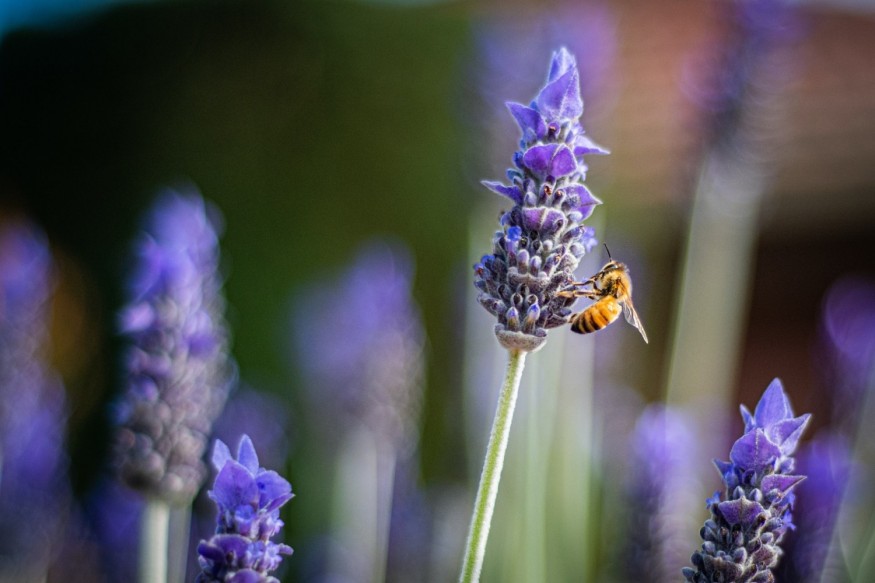One of the UC Riverside researcher's agroecosystem conservation goals was to identify whether some management practices, such as use of insecticide for commercial plants, affect beneficial species.
Their new study found that commercial growers have been using a common insecticide that protects plants from plant-consuming insects, but harms pollinators, such as bees.
As we know, bees are great pollinators that allow plants to become fertilized and produce fruits, seeds, and young plants. Study shows that the insecticide was 'chemically similar to nicotine', called neonicotinoids, and is harmful to a typical bee, in any amount, even below the label rate.
"Neonicotinoids are often used on food crops as a seed treatment," explained UCR entomologist and lead study author Jacob Cecala. "But they're usually applied in higher amounts to ornamental plants for aesthetic reasons. The effects are deadly no matter how much the plants are watered."
Neonicotinoid application in potted ornamental plants is just one of the few studies Cecala and his team had examined. They assume that more amount of water they dilute to the formula means less harm for the bees.
Formulation of neonicotinoid product strongly affects bee's reproduction

Researchers tested their assumptions on bees raised on flowering native plants based on popularity, wherein half were treated with insecticide. Although their assumption that more water will decrease the pesticide's potency in the nectar of the flowers, the negative effects on bees remain.
"Unfortunately, we observed a 90% decrease in the bees' reproduction with both high and low levels of irrigation," Cecala said.
Solitary bees, which makes up more than 90% of native bee species in North America, and an even higher percentage in California, are considered as the best to represent the ecosystem as "they are potentially more vulnerable to pesticides," UCR entomologist and study co-author Erin Rankin said.
Since solitary bees live alone and does not store honey, unlike worker bees, their lineage is cut short if they do die in the experiment. As an alternative, the researchers used alfalfa leafcutter bees in their study, which is very similar to California's solitary native bees and are part of a genus that can be found worldwide.
Results show that the formulations of neonicotinoid product, regardless of concentrations and amount, negatively affects bees' reproduction, as well as their ability to feed themselves.
"It almost completely wiped them out," Cecala said.
Neonicotinoid products can have a big effect even in small areas
Findings of the study suggest that even formulations of similar products of neonicotinoid tend to be highly concentrated, and can have a big effect in smaller areas like nurseries or residential backyards when potency is high. For instance, in 2013, neonicotinoids application to flowering trees caused massive deaths of 25,000 bumblebees in a retail parking lot in Oregon.
The team recommends reducing the amount of pesticides that make their way into flowers and using alternative methods in growing plants at nurseries to protect pollinators from receiving the harmful effects.
"It's not as simple as 'don't use pesticides' - sometimes they're necessary," Cecala said. "However, people can look for a different class of insecticide, try to apply them on plants that aren't attractive to bees, or find biological methods of pest control."
© 2025 NatureWorldNews.com All rights reserved. Do not reproduce without permission.





